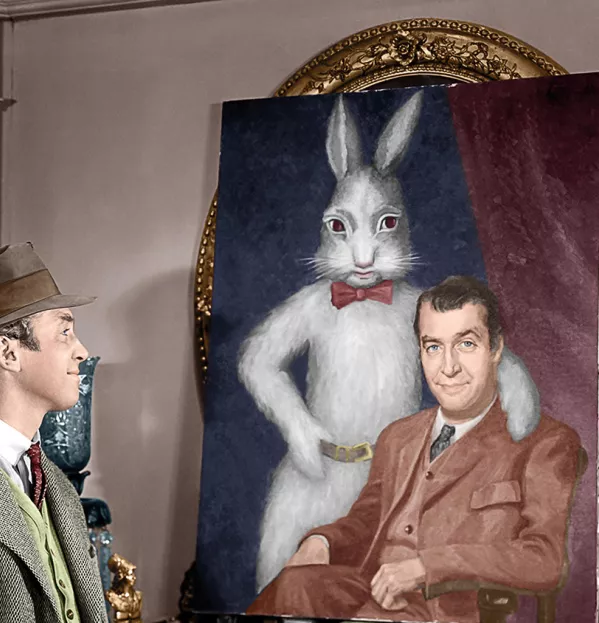Can pretending to be a tree help close the attainment gap? Most probably not. Oh well - that’s drama out of the question, then.
I was having a meeting with a lovely teacher a couple of years ago, talking through a session I was going to deliver. He said: “So Kirsten, you do your thing and get everyone to be a tree and so on, then we’ll move onto the next section.”
I stopped him right there, thinking he was joking and asked him what on earth he meant by “being a tree”. He just looked at me and said, “Well, is that not what you do in drama?”
Erm, no. No, it is not.
Over the past couple of years, I have heard this interpretation of drama countless times. The initial comedy value wore off very quickly as I realised there was an alarmingly large group of adults carrying a huge misinterpretation of what is a potentially transformative subject area for pupils.
No need to be shy
In pure, imaginative drama, there is no need to avert eye contact for fear of giving the wrong answer to a question. Every answer is right, because it is someone’s own individual idea.
Mice can’t talk and they generally don’t wear shorts and shoes, but pure imagination created Mickey Mouse. If you fed your granny a concoction of anti-freeze, furniture polish and brown paint, let’s face it, she wouldn’t be around for much longer. But Roald Dahl didn’t need a “correct” answer when he had his own much more fun idea for George’s Marvellous Medicine.
In my 13 years visiting primary schools as a drama practitioner, a recurring theme comes up time and again: the pleasant shock the observing class teacher has while watching a normally reserved child - let’s call them Calum - suddenly edge, step or even burst out of their shell. What could possibly have happened during an hour of drama that had such a transformative effect?
In a drama lesson structured to free imaginations and celebrate individuality, there can be no fear of getting it wrong - getting it wrong in this situation does not exist.
Calum might not be able to reel off dates, facts or figures just yet. He can, however, tell you in an instant what colour the invisible rabbit sitting on your desk is, what its name is, and maybe even what it’s wearing. Amazing work, Calum!
In striving to close the attainment gap and give all pupils the opportunity to develop confidence in their own individual ideas and thoughts, maybe rule out pretending to be a tree - but please don’t rule out the magic of imaginative drama.
Kirsten McCrossan is a part-time education lecturer at the University of the West of Scotland and founder of teacher-training company The Drama Box (@the_drama_box), which works with primary teachers all over Scotland
